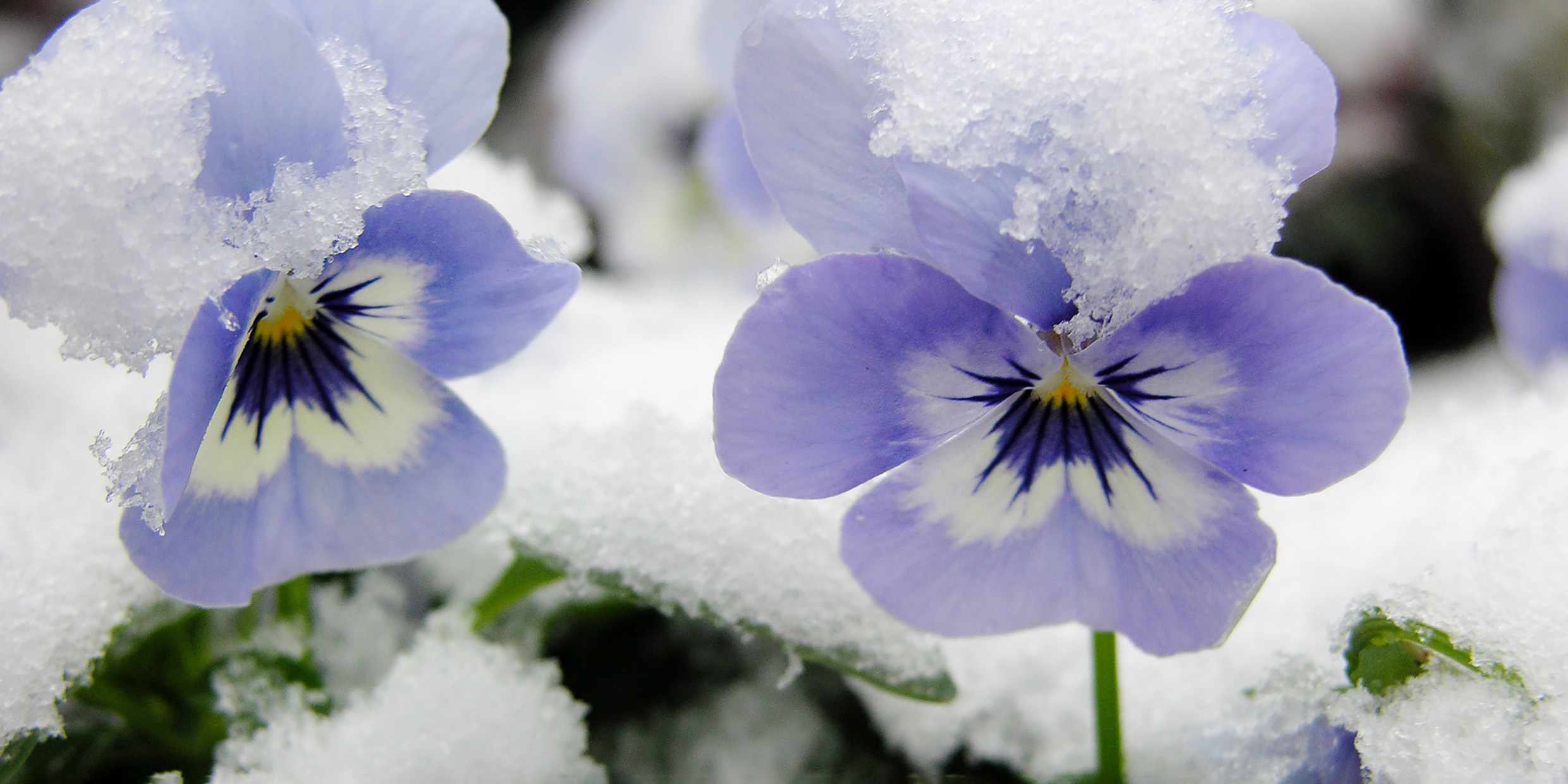Originally published 19 April 1993
A wind in the willows.
Not just any wind and not just any willows. It was a warm spring wind, full of the flavors of the south. And the willows were pussy willows, in the first soft flush of catkins.
Something of the warmth of the wind and the softness of the willows permeated to the burrow deep underground where Mole had been working all morning, spring cleaning his home. He had dust in his throat and eyes, and an aching back and weary arms. But spring was moving in the air above and in the earth below and around him, pervading even his dark and lowly little house with its spirit of discontent and longing.
It was small wonder, then, that he suddenly flung down his duster, said “Bother!” and “Hang spring cleaning!” and bolted out of the house without even waiting to put on his coat.
On the riverbank he met his friend, the Water Rat.
“Hullo, Mole!” said Rat.
“Hullo, Rat!” said Mole.
“Spring is in the air,” said Rat.
“And about time, too,” Mole replied solemnly. “It’s been an especially depressing winter.”
“I saw Arcturus last evening,” the Rat went on. “When I see Arcturus rising in the early evening I know it’s well and truly spring.
“Oh blow,” protested Mole. “The stars are such unreliable indicators of the seasons. They come and go with no mind to wind or weather. Arcturus could be in the evening sky and the snows still a’blowing. Let me see the skunk cabbage in the swamp. Now that is surely the first sign of spring.”
“Hold on a minute, then,” said Rat. “I’ve seen skunk cabbages frozen in ice. Those foolish plants start pushing their speckled spears up through the frozen ground in the midst of winter. A sign of spring? Fiddlesticks!”
The two friends lay back on the riverbank, gazing dreamily at the sky. They were silent a long time.
Finally, Mole said, “Speaking of fiddlesticks, what about fiddlehead ferns as a sign of spring?”
“Too late,” said Rat emphatically. “Much too late. By the time fiddleheads uncoil their fronds in mid-May, we are psychologically into summer.”
As Rat talked, the Mole remembered a sound that had disturbed his winter slumber. A raspy, croakish sort of sound that penetrated his burrow. “Red-winged blackbirds,” he mused, to no one at all.
“Ah, yes,” said Rat. “Every year the red-winged blackbirds arrive in the trees along our river on February 27, give or take a day or two. Their travel clocks seem imperturbable. But this year they didn’t appear ’til the middle of March.”
The Mole thought about this for a moment, then Rat went on.
“And mourning cloak butterflies. I can’t recall a year when we didn’t see a mourning cloak or two in March, on days when soaring temperatures roused them from hibernation. Sometimes even in February. But this year we saw the first mourning cloak on April 7th. My goodness, it was the same day we heard the spring peepers in the flooded meadow. And bluebirds and tree swallows, too, showed up at the very same time.”
“Oh my, oh my,” said Mole. “It has been a very strange spring indeed. It’s like all the clocks in nature suddenly stopped keeping regular time. Peepers and bluebirds and mourning cloaks, all in the same day! Like a jumble of badly-running clocks all striking different hours at the same time. Oh my, oh my.”
Mole closed his eyes and wondered what might be the cause of it all.
“I’ve heard so many stories,” said Rat, as if he read Mole’s mind, “about things that have happened over there beyond the Wild Wood in the Wide World. About a volcano named Pinatubo. About an ocean current named El Niño. So many experts with so many explanations of why we had such a crazy spring! It makes my head spin. I can hardly make heads or tails of it.”
Just then Rat and Mole heard a sound from the meadow, “a clear, slurred whistle of happiness. It was the meadowlark.
“Ah, at last,” said Mole. “The one, truest sign of spring. When you hear the call of the meadowlark you know that there will be no turning back toward winter.”
“Two weeks late,” snapped Rat. “My goodness, here it is the middle of April and only now do we hear the meadowlark’s call. Perhaps there’s something to that Pinatubo and El Niño stuff after all. The calendar has gone awry.”
The Mole felt the sunshine hot on his fur. Soft breezes caressed his brow. After the seclusion of the burrow he had lived in so long, the carol of the meadowlark fell on his hearing like a joyous shout. He put all the stories of the Wide World right out of his mind. The meadowlark was spring.
“Better late than never!” he said to himself.
The 1991 eruption of Mount Pinatubo ejected so much ash into the atmosphere that global temperatures dropped by half-a-degree Celsius over the following two years. Enough to delay the arrival of spring for Rat and Mole. ‑Ed.



